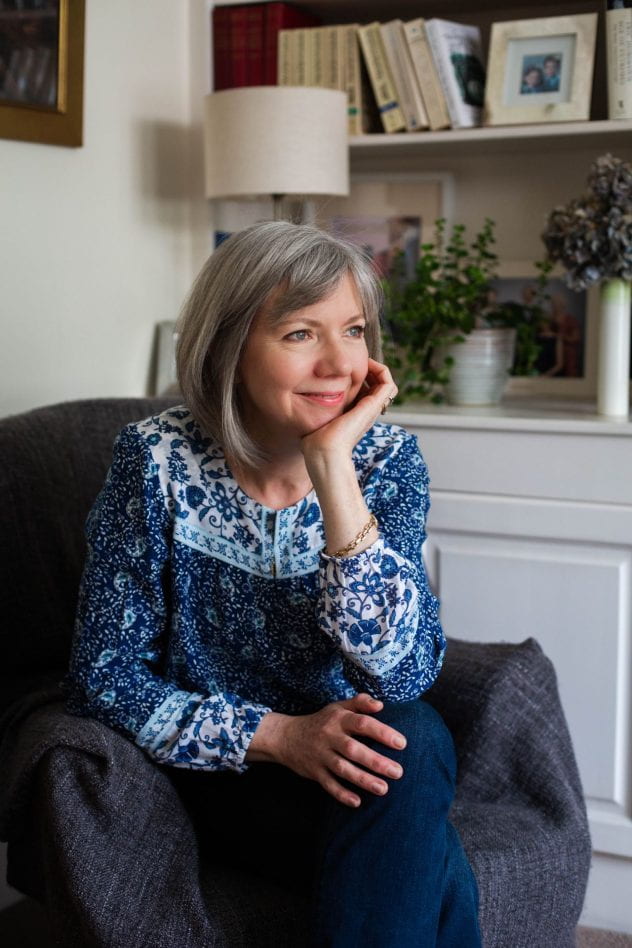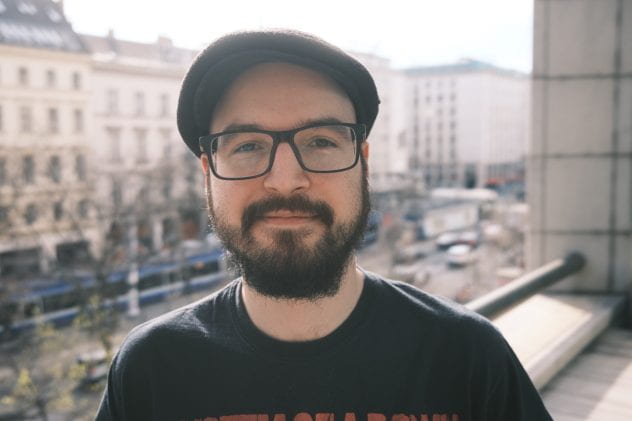
Katharine Light’s debut novel, Like Me
When I was a young girl, my dad used to make me little books of paper and I would love to write in them. In my teens these became stories I wrote for my younger sister about a girl who falls in love with the bass player of a pop group. Absolutely not based on John Taylor from Duran Duran.
Later on I tried my hand at writing a Mills & Boons. At around 50,000 words it was great practice, but not quite the right genre. When my children were small, I did a year long creative writing course with the Open University. Two years later I did the advanced version. Then, working full-time and a busy family life meant I kept writing only sporadically until 2018 when I started The Novel Studio at City, University of London. It was a brilliant year with excellent tutors in Emma Sweeney, Rebekah Lattin-Rawstrone and Kirstan Hawkins. Fourteen of us completed the course, meeting twice a week and sharing our lives through writing. They are a very supportive and talented bunch.
At the end of the year, I had interest from three agents, and signed with one at A M Heath. This is it, I (naively) thought, on my way to publication… Sadly, during lockdown, having worked on this first novel, Like Me, (her suggestions definitely improved it), she said she wasn’t the right person to take it forward. This was followed by a dispiriting lack of response from several agents she recommended as well as the two who had previously shown interest.
Throughout the pandemic, the Novel Studio cohort kept in touch, via a WhatsApp group. Before covid, about half of us carried on meeting in person, and carried over onto zoom. Laurence Kershook published The Broygus to Amazon in March 2022. Fellow alumna Lara Haworth’s book Monumenta will be published by Canongate in 2024.
On publication, I bought Laurence’s book in paperback and was very impressed. It’s a high quality, professionally produced book, as well as a terrific read, and I began to think maybe I could do that too. Independent publishing seeks to emulate the traditional publishing route, with a professional book edit from the wonderfully talented Emily Pedder at The Book Edit, and a great book cover from designer Simon Avery of Nice Graphic Design. Caroline Goldsmith of Goldsmith Publishing Consultancy ensured the manuscript was print and eBook ready, and Philippa Makepeace of Studio Makepeace created the website. My advice is to surround yourself with people who know that they’re doing!
There was one major hiccough. The book has always been on the long side, and when it was first uploaded to KDP Amazon, although author royalties sounded generous, the print costs on the paperback version were so high, they were almost entirely swallowed up. After a drastic re-think, I cut fifty pages of the book, and added those onto the beginning of book two, which has now become two books. The manuscript for book two has just gone to the editor. The hope is to publish both that and book three in 2024.
There was a point at which I began to feel that the traditional publishing route was becoming less and less likely. Now I’m in my 50s, I developed a sense of urgency, fostered by reading Harry Bingham, founder of Jericho Writers, who is enthusiastic about indy publishing. It has been wonderful to hold the actual book in my hand. We held in person launches where I live in London, and in Altrincham, the fictional Millingham of the series. Lots of kind and lovely people came. As the book is about a group of teenage friends who meet up again twenty years later in their late thirties, the events have been the perfect excuse to reconnect with old friends from the past. As we said, life is now imitating art. We’re doing the fictional reunion for real, just many years later…
Katharine Light took City’s Novel Studio course, a year-long programme for aspiring novelists.
Katharine’s debut novel, Like Me, is available HERE.

Author Katharine Light, photography by Alexandra Vanotti
For more on all City’s writing short courses, visit HERE.





Recent Comments